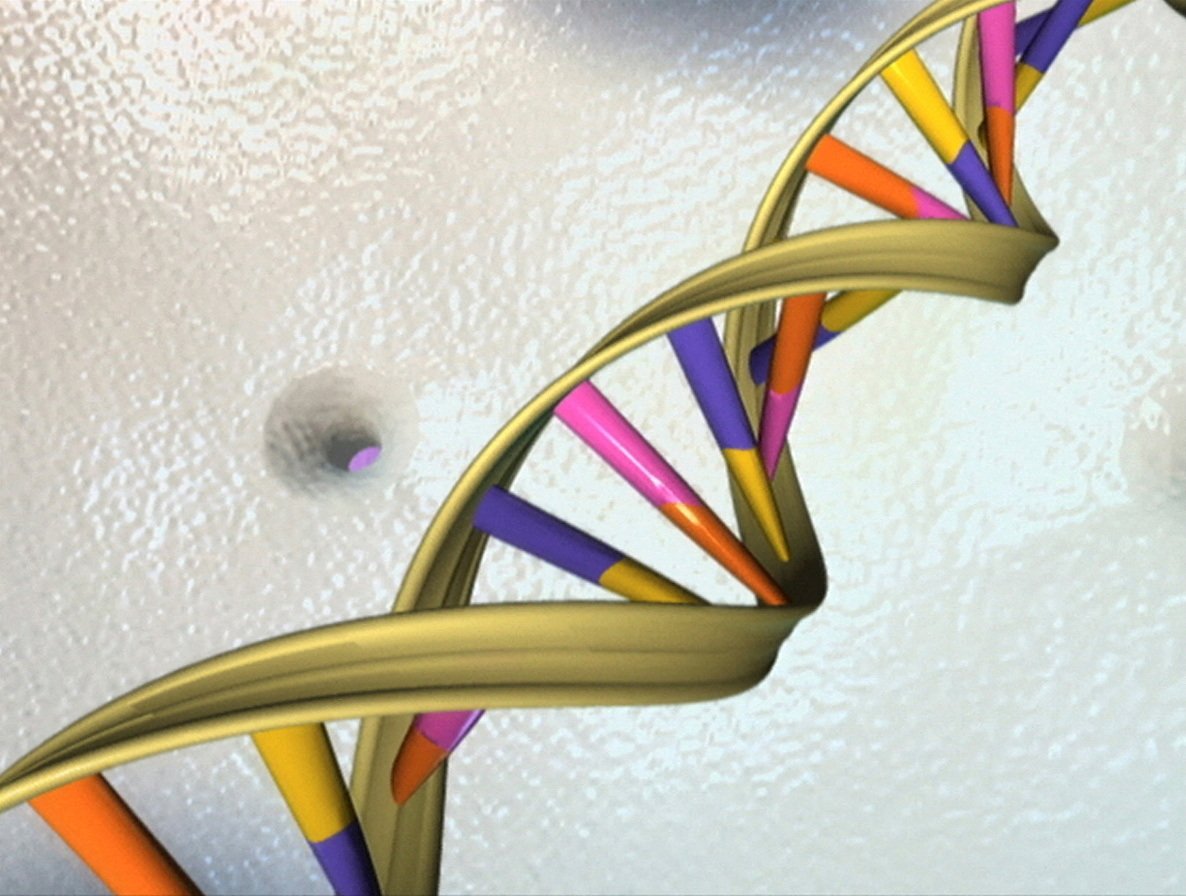The US Food and Drug Administration (FDA) granted approval to UK-based Orchard Therapeutics for its gene therapy aimed at treating metachromatic leukodystrophy (MLD) in children, marking the first FDA-approved treatment for this rare hereditary disease.
Orchard, now under the umbrella of Japanese pharmaceutical company Kyowa Kirin following a $477.6 million acquisition last year, announced that it would provide pricing and availability details for the therapy, known as Lenmeldy in the US, later in the week.
Lenmeldy, a one-time therapy, is specifically approved for children at certain stages of disease progression, according to the FDA. The approval was based on data from two open-label clinical trials involving 37 children, which demonstrated significant reductions in the risk of severe motor impairment or death compared to untreated children.
However, the FDA highlighted potential risks associated with the treatment, including the development of blood cancer, blood clots, or brain tissue swelling.
MLD affects the brain and nervous system, leading to the accumulation of certain fatty substances in cells and resulting in the loss of motor and cognitive function, often leading to early death. The disease is estimated to affect one in every 40,000 individuals in the United States.
Before its acquisition, TD Cowen analyst Yaron Werber had projected global peak sales of $300 million for the therapy, with annual sales expected to remain below $70 million until 2025. Although the brokerage no longer covers Orchard, the therapy is already approved in the European Union under the brand name Libmeldy.



